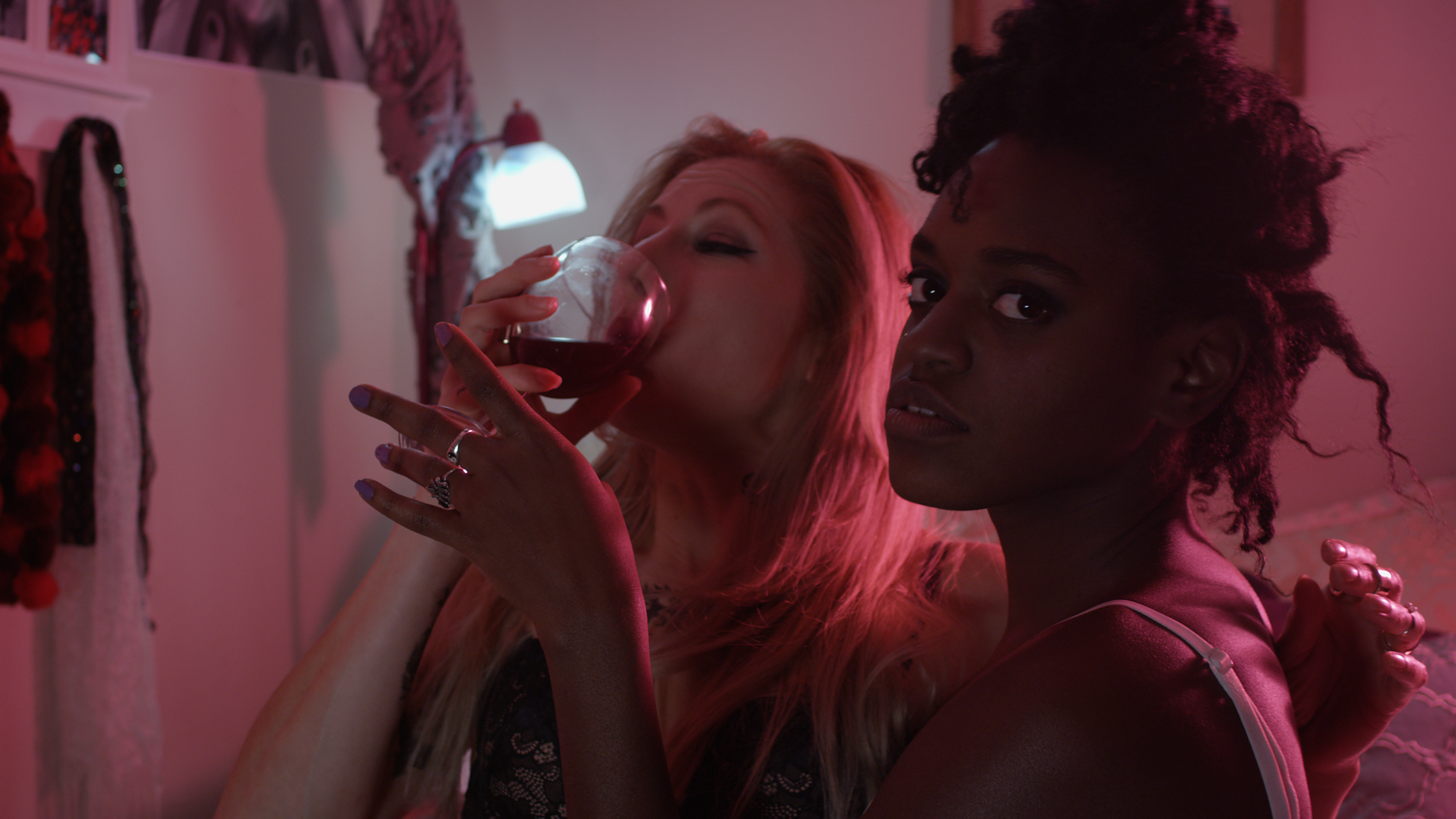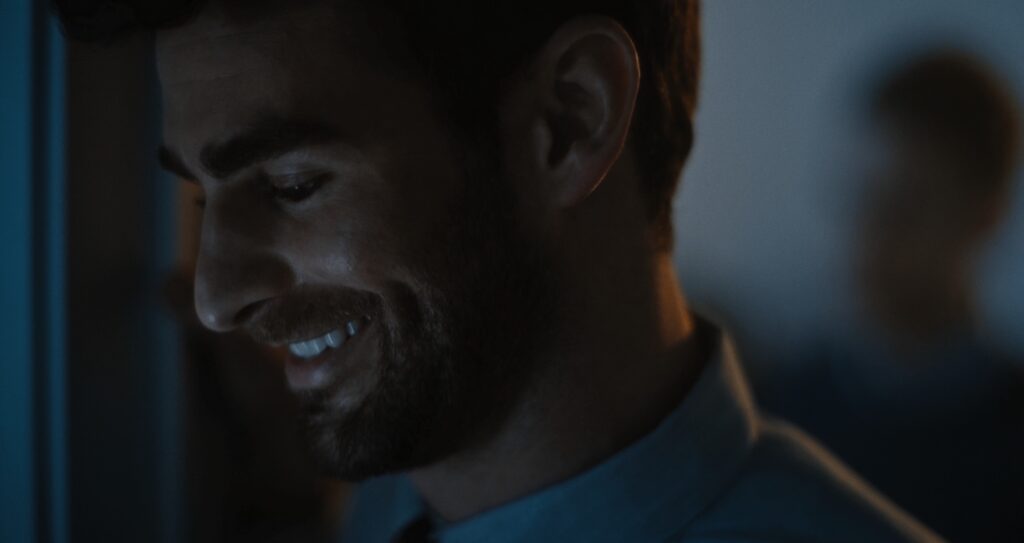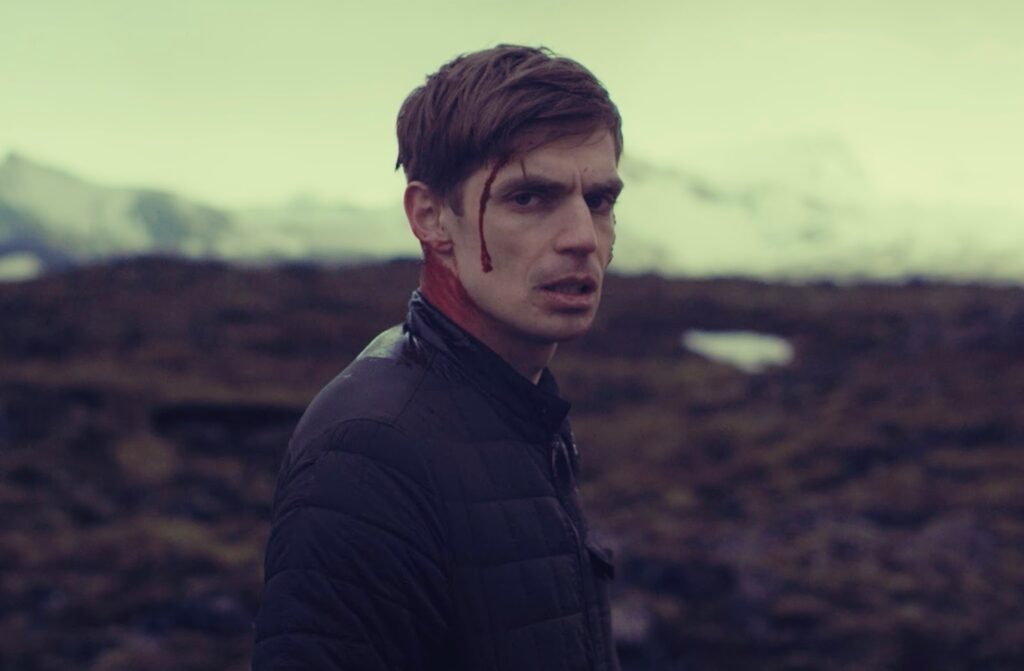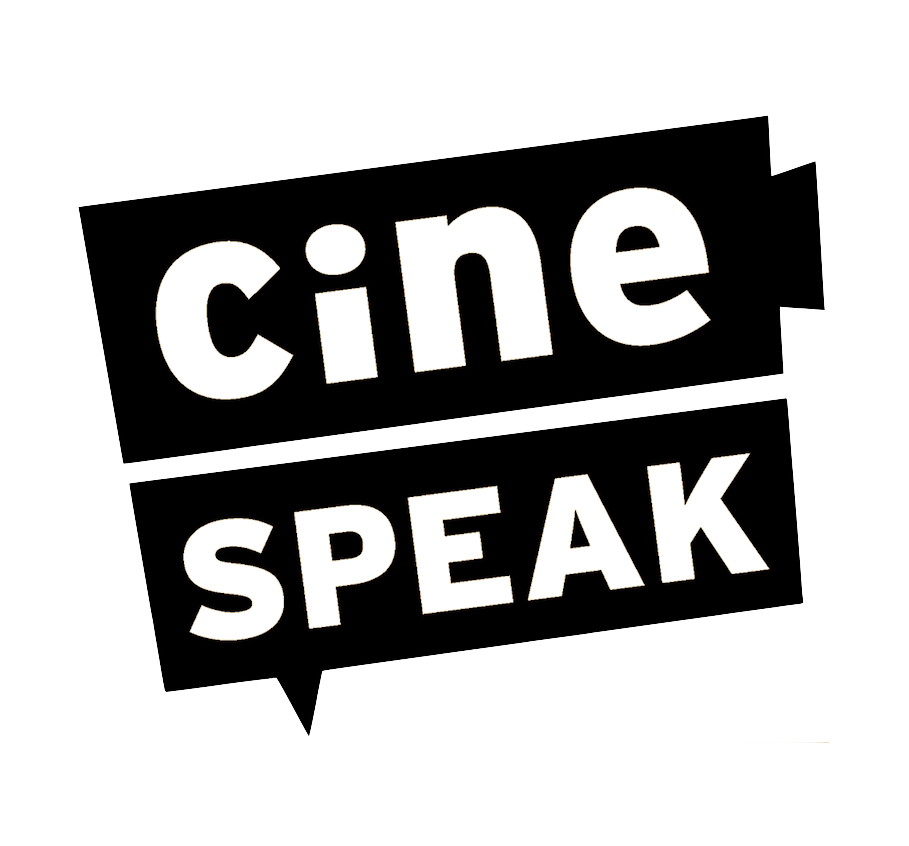
31 Oct The Future of Horror is Queer
LGBTQ+ filmmakers are taking back a genre that owes them everything.
BY HANSEN BURSIC
Let’s face it: horror is a queer genre. While it’s important to note the genre hosts some of the most problematic depictions of queer and trans people in film, true horror fans are hard pressed not to see how much the genre has built itself around LGBTQ+ stories and themes. Yet, the majority of LGBTQ+ filmmakers have only recently been able to start telling their own stories through horror, authentically and without requiring audiences to read between the lines. This Halloween, let’s uplift some queer and trans horror filmmakers who are taking back the genre.
It’s easy to write off horror as a genre that has little to offer other than honing in on our worst fears. Horror films, however, tap into otherness and subversion in ways that other genres shy away from. It is because of this that many queer people find elements of themselves within the genre.
“Often we have been treated as the subversive element of society” says Michael Varrati, a filmmaker, columnist and host of the queer horror podcast Dead for Filth. “It’s quite easy for us to find ourselves and live inside the otherness as it is represented on screen.”
Varrati, who spent much of his childhood in rural Colorado, became obsessed early on with alternative cinema and horror for this reason. Horror gave him a path to exploring the otherness he experienced as a queer person and a creative.
Dru Phillips, a filmmaker and graphic artist, shares a similar story. Phillips, who is a queer transwoman, was exposed to some of her first depictitions of queer characters in Patrick Lussier’s Dracula 2000, a film that prominently features lesbian and bisexual women. But she is quick to point out that it’s not just the explicitly queer films that made her fall in love with horror. “There is inherent queerness in just about every major film of the entire genre” Phillips says.

While horror films include some of the only depictions of LGBTQ+ people in film for decades, Phillips admits that the “queerness” in many of these horror classics has a harmful legacy, specifically for transwomen. “You get all of these films aping on the success of Psycho, using the same visual metaphor,” Phillips says, referring to Alfred Hitchcock’s Psycho, which depicts a murderer donning women’s clothing as a visual metaphor for his mental illness. Movies such as William Castle’s Homicidal, Tobe Hooper’s Texas Chainsaw Massacre, and Jonathan Demme’s infamously transphobic Silence of the Lambs all promotethe problematic association between transness, mental illness and murder.
But both Phillips and Varrati are part of a new generation of LGBTQ+ creators who are starting to use horror’s movie magic to tell their stories on their own terms. “You can use that dark lens of the fantastic to address things that the mainstream might not otherwise be comfortable talking about when put plainly,” says Varrati. In Varrati’s work you can see this come to life in pieces like The Office is Mine, a queer horror short about a gay office worker who delves into madness thinking he will be replaced by a new gay hire. The film explores territorialism and how society often pits queer people against one another. Varrati was also a writer and director on the last season of The Boulet Brothers’ Dragula, a drag reality show that, unlike other drag reality shows, has been championing inclusivity in their cast and breaking down barriers for trans performers and drag kings.
Other queer filmmakers that have been rocking queer horror are filmmakers Carter Smith and Erlingur Thoroddsen. Smith’s breakout queer horror film, Bugcrush, tells the unnerving story of a small-town loner’s fascination with the new kid that leads him into something much more sinister. The film won the Short Filmmaking Award at Sundance in 2006. Recently, he directed the Midnight Kiss episode of the horror anthology TV series Into The Dark on HBO Max. Thoroddsen has been making waves with his recent film Rift that tells the story of two men in a secluded cabin who are haunted by their dead relationship. The film, which won the Artistic Vision Award from Outfest in 2017, was created from Thoroddsen’s own experiences with breakup and co-dependency in gay relationships.
Phillips is confident that trans horror will soon have its moment. “If you want to see [a transwoman] stand up and be proud of themselves, make them a final girl.” The term “final girl” refers to the final person, often a woman, who survives in a horror film. “I want to see more trans people both behind the screen and on camera” said Phillips. They point out that even some of the better horror films that depict trans characters, like Brad Michael Elmore’s recent hit film Bit, are still helmed by straight cisgender men.
Phillips’s ultimate dream is to see trans characters in horror without the movie being labeled a “trans horror film.” This dream might be fulfilled as a Philly-based production team has been working on a film with a similar mission. Ariel Mahler, Easton Carter Angle and Calvin Woodruff, all trans filmmakers, co-wrote the short film FLOCK, a film that proudly claims it is not a ‘coming out’ story or a story ‘about the trans experience’, at least in a traditional sense. The film is a horror thriller about a man traveling to Maine to rescue his lover from a cult. Mahler, the film’s director, and Carter Angle, the film’s director of photography, are both currently adapting the film into a feature which has recently advanced to the second round of the Sundance Development Lab.

Trans inclusion isn’t the only area for improvement when it comes to representation in horror. The genre seems to lack queer filmmakers of color telling their stories. Dee Rees, the queer director behind the award-winning films Pariah and Mudbound, has been in development for several years on a queer horror script about black lesbians living in rural America with Blumhouse, but as far as we know, there hasn’t been movement on it recently. There is also filmmaker Jaanelle Yee who has been wowing audiences with her latest short, Sell Your Body, a horror-comedy about a bisexual med school dropout who is clawing her way out of crippling debt by luring a couple seeking a threesome on a dating app.
Phillips put it best when she said that we are still waiting for the queer and trans equivalent of Jordan Peele’s Get Out to rock the horror world. LGBTQ+ people often experience horror in their day to day lives and it is only natural that they are experts in the genre. This new wave of unapologetic LGBTQ+ creators may hold the key to some of the scariest, and most important, horror yet.

@HansenBursic is an award-winning filmmaker and LGBTQ rights advocate. For the past four years, Bursic has been working as an independent filmmaker and media consultant in Philadelphia and Pittsburgh. Much of his film work has been dedicated to telling transparent, meaningful stories that center marginalized voices. Bursic’s work has explored a variety of social issues including transgender rights, rural representation, and LGBTQ+ nondiscrimination all through personal, character-focused short films.

Sorry, the comment form is closed at this time.